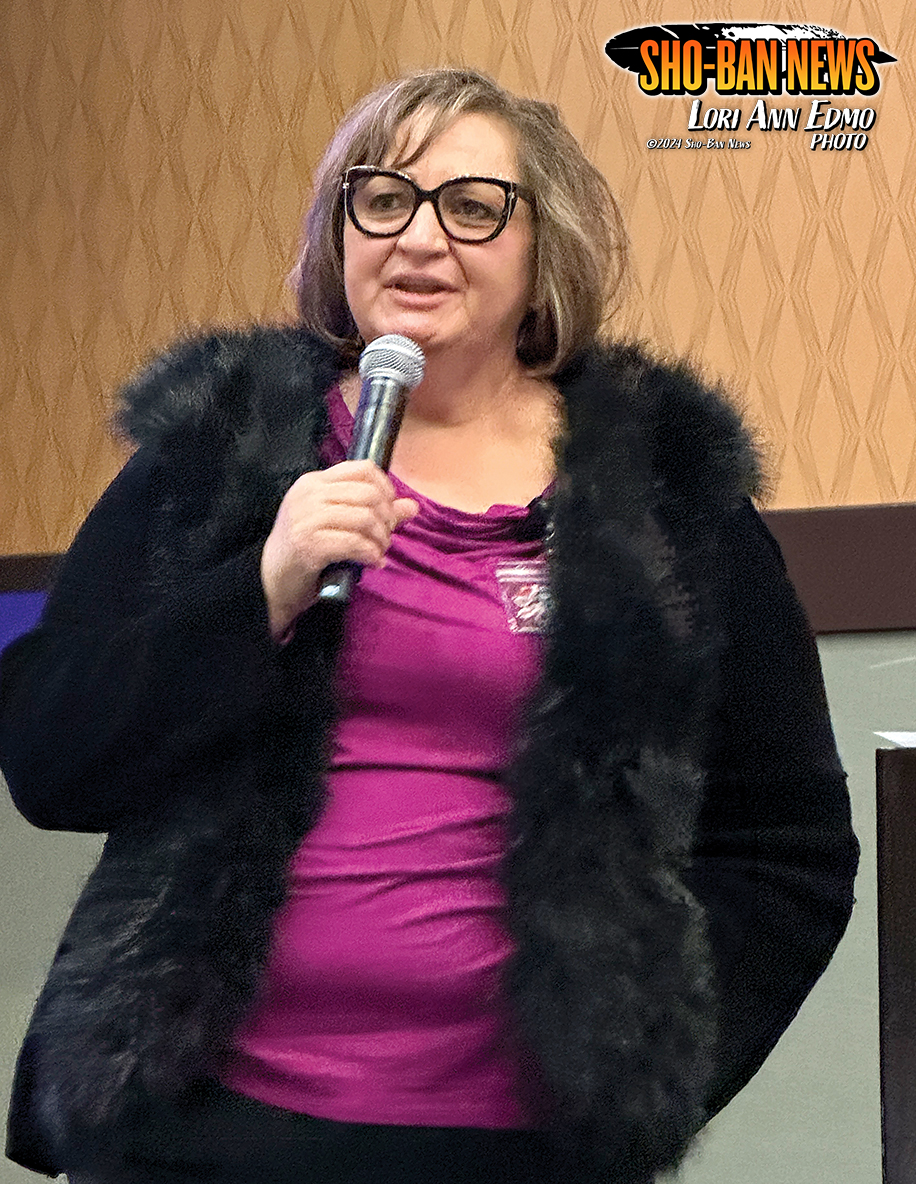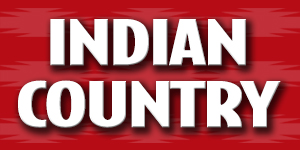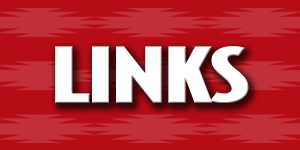Hawley's cancer journey inspires her to start non-profit Day Eagle Hope Project

Cancer Warrior Resource Fair keynote speaker and CNN Top Ten Hero
award recipient Tescha Hawley
By LORI ANN EDMO
Sho-Ban News
FORT HALL —Tescha Hawley, a breast cancer survivor, created the nonprofit Day Eagle Hope Project because of challenges she faced in her treatment, so she could help provide services to the Fort Belknap Indian Reservation and surrounding communities.
A member of the Gros Ventre tribe in Montana, Hawley spoke from the heart telling her cancer experience February 22 at the Cancer Warrior’s Resource Fair in Fort Hall. She talked about the obstacles she had to overcome such as dealing with outdated equipment at the local clinic, to getting referrals from Indian Health Service for treatment in Billings, Mont. 300 miles away from her rez.
Because of the trials and errors she experienced, she created the Day Eagle Hope Project to initially help breast cancer patients get to their appointments that has expanded into helping those with food insecurity offering access to healthy food. It’s named for her daughter as her Cree name translates in English to Day Eagle Woman. Hawley told CNN it was formed in honor of her and all of the the young women so they will be strong and help their people in a good way.
In 2023, Hawley was awarded a CNN Top Ten Hero that honors everyday people for their selfless, creative effort to make the world a better place. She was awarded $100,000 that went to the nonprofit towards services.
Hawley said she found a lump in her breast while working on a previous job with the Land Buyback program. She was on travel so when she returned to Billings she heard on the radio about the Breast Cancer Center so she thought she could get checked there but they told her she needed a referral from the Indian Health clinic on her rez. She went to the IHS clinic but they had outdated mammogram equipment. She was referred to a hospital 40 miles away for a mammogram but she felt it wasn’t right because they kept taking pictures and doing numerous biopsies. The hospital wanted to do further testing. From there it was a long road of not knowing, long-in-between times and getting results. It wasn’t until she went to Billings she got the diagnosis. She had her family go with her so they knew what was going on. “So as Indian people, we have a different form of communication. And I'm not saying just in our language, but how we communicate with each other,” she said. “And that's one thing that I've seen is a huge barrier is how we communicate with our facilities.”
Hawley said she’s thankful for the patient navigator she worked with at the hospital because she didn’t know how she could have made it through. “There's a lot of barriers that have happened since then. I did get the treatment. But what we didn't talk about was how it affects our children and our families. And so that's hard,” she continued.
After she finished her chemo treatments, her stepbrother kept going to IHS because of back pain. They kept telling him he was just seeking pills, narcotics. He finally begged them for help and turns out he had stage four prostate cancer and died four months later.
She explained she tells the stories as a way to try and educate people to be advocates with their own voice and concerns.
Recently in the midst of the CNN stuff, she recently got off her medication but the oncologist saw some things in her labs and wanted to do more testing so she went back to IHS for referral and payment reasons. The nurse practitioner on duty put in a wrong code for uterine cancer – she went back to Billings and they told her she didn’t have any of this. She asked what they’re talking about? She called the nurse practitioner and she advised the wrong code was put in – people make mistakes.
“But this is a system of care that is so broken and so challenging that they have their own challenges as well,” Hawley said. She later explained the remoteness of her community is an issue to get doctors to work so often times they have nurse practitioners. There’s a turnover in workers and lack of consistent care.
Through her nonprofit work she literally started with $250 in her checking account – in the first and second year, she was able to raise $250,000. From that, they’ve been helping people get to and from chemo treatments in Billings or Great Falls through either transport or gas cards. From there they launched into looking at their culture and how to integrate it. Because she was focused on patient navigation, she lost track realizing basic food and needs have to be met before they could do anything. She started the food drive with a shipping storage container, “nothing fancy, nothing extravagant.” She started bringing in healthy food for breast cancer survivors and now it’s a community thing because food sovereignty is huge right now. They do fresh food deliveries, acquire organic foods from local farmers to distribute across the reservation.
Her tribe has over 2,000 buffalo and their existence is for their tribal people to provide food. A buffalo hunt provided 5,000 pounds of meat that was given back to the community. They boil the buffalo bones to make broth for those who get nausea from cancer treatments.
Hawley said their community is struggling with food – their Commodity program building is plagued with black mold, has structural and electrical damages. The program had to move into their community program.
The nonprofit continues to raise funds. “When I first started this non-profit, I never once prayed for money because that's what we're taught, Hawley said. “And I prayed, just give me the strength, the guidance to do what I need to do. And so here we are.”
The nonprofit’s goal is to build a Cancer Community Resource Center and a food distribution center. “So we’re making big moves,” she said. The center has to be located off the rez because nonprofits can’t own trust land. “I don't know how I do it, but I do know that it's not my plan — it's the Creator's plan. And once I realized that, I had to stop pushing my agenda and listen to the Creator and the Lord guiding me. This is where I have been, and this is where I've come.”
She initially thought she would have a professional career after earning a Master’s degree in social work and a Master’s in health administration to become a hospital CEO but now she’s removed from that as she returned home to do service work on her reservation.
Concerning the challenges she faced with her cancer treatment, she’s not placing blame on anyone. Transportation and housing are the biggest barriers. Her tribe donated a cop car to use for delivering and it’s helped many people.
She also sees a need for telehealth but connectivity is a problem because of lack of access to fiber optics.
Her message to the Cancer Warrior’s Fair attendees is to go back to traditional values, culture and foods. “Learn to forgive, be kind to one another.”





